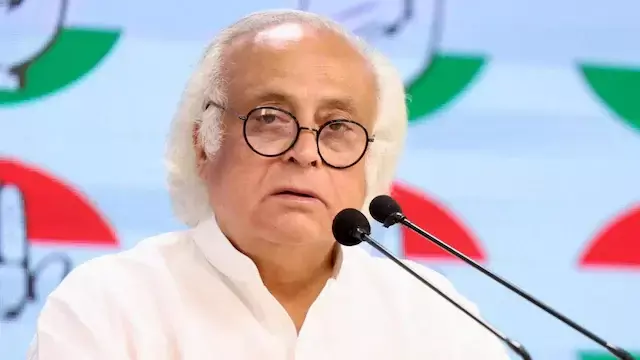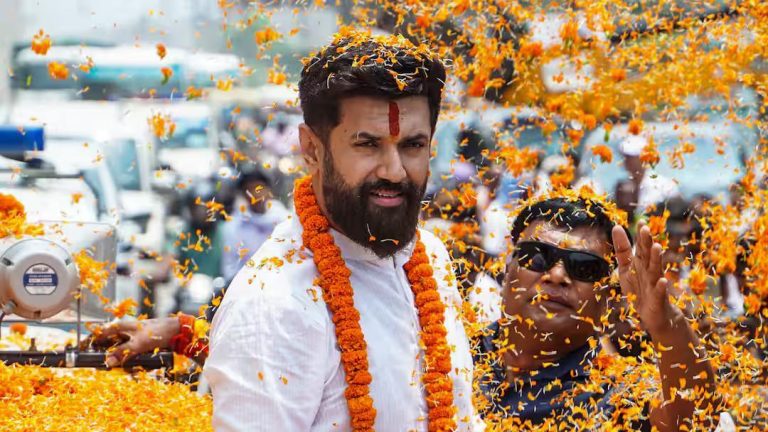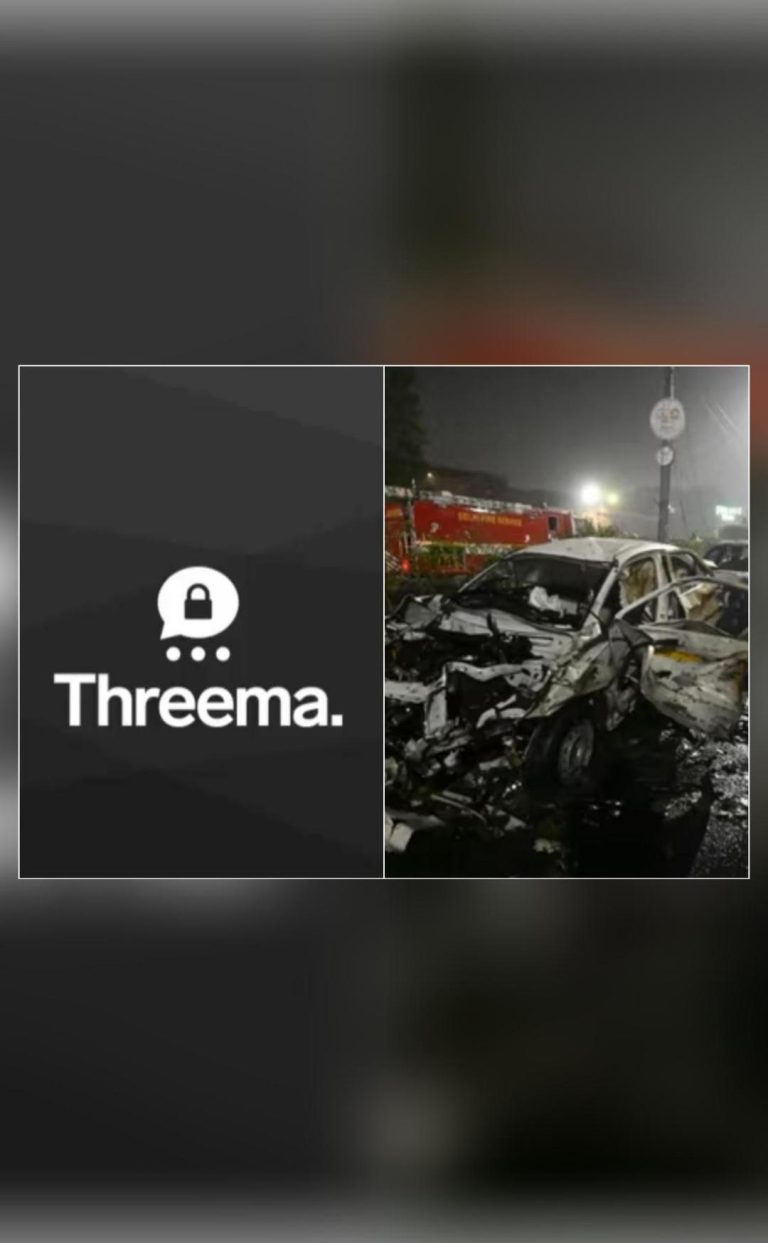
Jairam Says “Our MPs are also roaming & Pahalgam terrorists are also roaming”, BJP Criticises
In a recent controversy, Congress leader Jairam Ramesh sparked a heated debate by drawing a comparison between Pahalgam terrorists and the MPs who are part of India’s delegation on Operation Sindoor. His statement, which was met with criticism from the Bharatiya Janata Party (BJP), has raised questions about the appropriateness of such a comparison and the impact it may have on the nation’s diplomatic efforts.
According to reports, Jairam Ramesh made the comment while speaking to the media about the recent military operation, Operation Sindoor, which was conducted by the Indian Army in Jammu and Kashmir. The operation was aimed at neutralizing terrorist activity in the region and restoring peace to the affected areas.
During his statement, Jairam Ramesh seemed to equate the terrorist activities of the Pahalgam militants with the actions of the MPs who are part of the Indian delegation on Operation Sindoor. His exact words were, “Our MPs are also roaming, and terrorists are roaming too.” The Congress leader’s intention behind making this comparison is unclear, but it is evident that his statement has sparked a fierce debate in the political arena.
The BJP was quick to respond to Jairam Ramesh’s statement, with party leaders accusing him of making an “atrocious comparison.” The BJP’s criticism was centered around the idea that Jairam Ramesh’s statement undermined not just the military operation but also the diplomatic efforts that are being made to deal with the situation in Jammu and Kashmir.
In a statement, the BJP said, “Jairam Ramesh makes the most atrocious comparison. This is how Congress undermines not just Military Strike (Operation Sindoor) but also diplomatic strike.” The party’s criticism was accompanied by demands for an apology from Jairam Ramesh, with some leaders even calling for his resignation.
The controversy surrounding Jairam Ramesh’s statement has also sparked a debate about the role of MPs in military operations. While some have argued that MPs have a right to participate in military operations as part of their duty to represent their constituents, others have raised concerns about the potential risks involved and the impact it may have on the morale of the armed forces.
The Indian Army has a long tradition of involving MPs in military operations, with the aim of giving them a firsthand account of the situation on the ground. However, this practice has also been criticized in the past, with some arguing that it could compromise the safety and security of the MPs involved.
In the context of Operation Sindoor, the involvement of MPs has been seen as a way to demonstrate the government’s commitment to the security of the region and to reassure the people of Jammu and Kashmir that the government is taking concrete steps to deal with the terrorist threat.
Jairam Ramesh’s statement has also raised questions about the role of the Congress party in the controversy. While some have argued that the party’s leaders are trying to score political points by criticizing the government’s handling of the situation in Jammu and Kashmir, others have accused the party of being soft on terrorism.
The controversy surrounding Jairam Ramesh’s statement is a reminder of the complex and sensitive nature of the situation in Jammu and Kashmir. It is a region that has been plagued by terrorism and violence for decades, and it requires a delicate and nuanced approach to deal with the situation.
In conclusion, Jairam Ramesh’s statement has sparked a heated debate in the political arena, with the BJP criticizing him for making an “atrocious comparison.” The controversy has also raised questions about the role of MPs in military operations and the impact it may have on the nation’s diplomatic efforts. As the situation in Jammu and Kashmir continues to unfold, it is essential that all parties involved approach the situation with sensitivity and respect for the sacrifices made by the armed forces and the people of the region.






